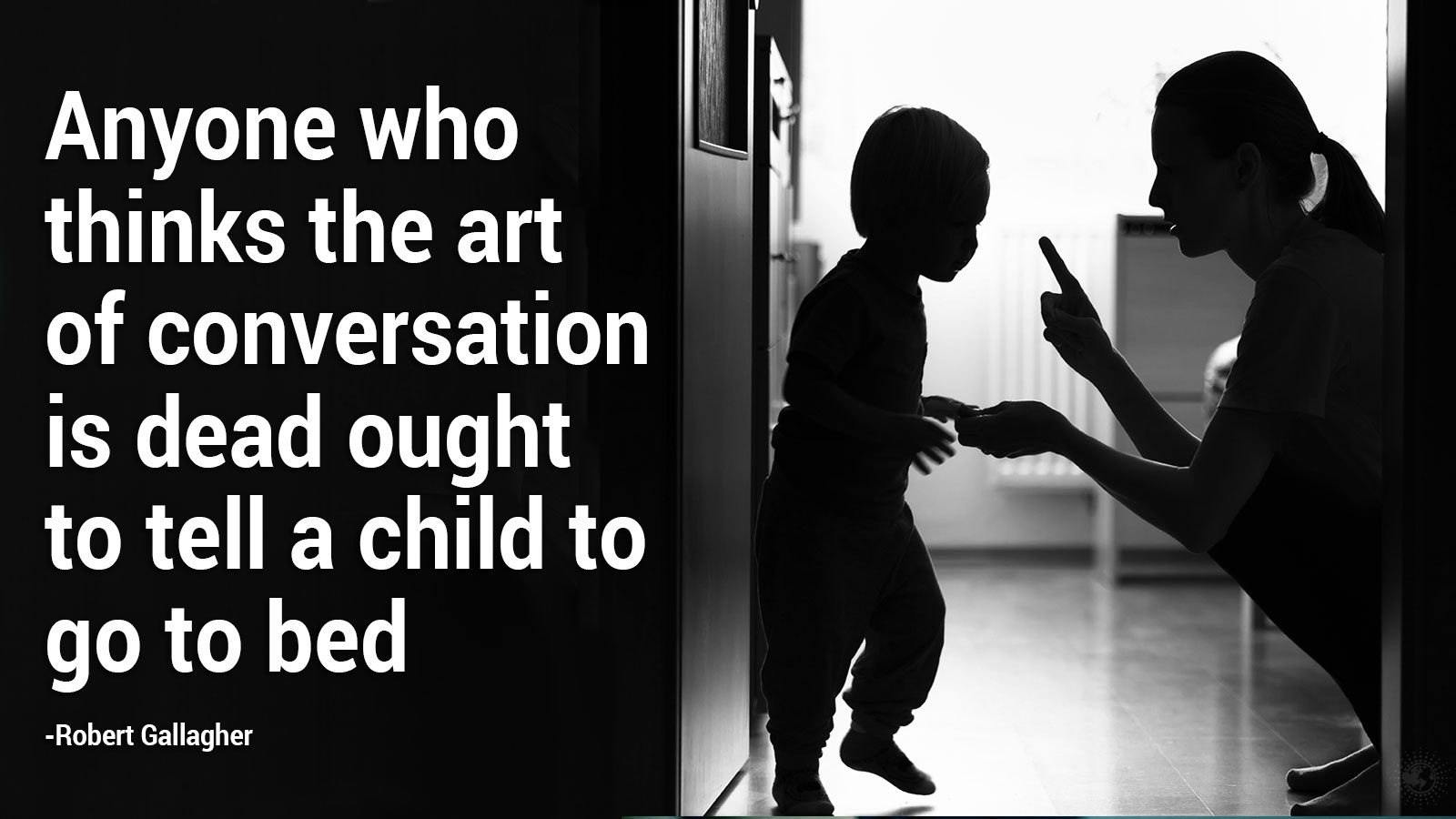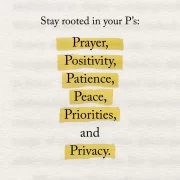All kids act out sometimes, but there’s a difference between occasional misbehavior and spoiling a child. If you’re wondering whether your child is spoiled, you can look for some signs to give you a better idea. Recognizing this behavior can help you address the issue and prevent it from worsening. The behavior of a spoiled child will often escalate over time. The behavior might seem tolerable for a while before becoming unbearable or unmanageable for their parents.
You likely didn’t intend to raise spoiled kids, but it happens sometimes. The good news is that you can make some positive changes to improve their behavior and mindset. It doesn’t mean you’re not a good parent, either, so don’t beat yourself up.
What Contributes to a Spoiled Child?
Sometimes you make choices you think are beneficial but instead contribute to misbehavior. You might want to provide comforts you didn’t have or give into things to avoid guilt. Life gets hectic sometimes, and no one is perfect, so all parents make some mistakes.
Eventually, it can become a bigger problem than you ever could have anticipated. You might feel like you have no control over your kid and that nothing you try helps. It might help you feel better if you remember that you’re not the only parent experiencing this situation.
Six Signs of a Spoiled Child

You might not immediately recognize the signs of a spoiled child, and sometimes you’ll wonder if their behavior is normal. These signs can help you figure out if it is age-appropriate behavior or signs of being spoiled.
Once you determine the issue, you can decide what to do next to overcome the situation and implement better habits. Your child might resist your changes initially, but don’t give up because you’ll notice an improvement.
1 – Insensitivity Toward Others and a Lack of Empathy
If your child doesn’t show empathy to others, it’s a sign of an issue. Empathetic children will show interest in drawing a picture or making a card for sick or injured loved ones. They may also want to hug their parents or other loved ones when sad.
On the other hand, insensitive people often don’t exhibit those same urges or desires. They might seem uncaring about someone sick, injured, or upset. Plus, they might not be affected by hardship in the world.
How to Fix It: Point Out the Insensitive Behavior
When you notice this behavior, speak up every time, even if it would be easier to let it slide. You can pull your kid aside and ask how they would feel if someone reacted that way to their hardship. Helping them think about their feelings if the roles get reversed can help them build empathy and sensitivity.
2 – You Constantly Give in to What They Want
They’re likely spoiled if you regularly give in to avoid handling a tantrum. You might be too tired, burnt out, or busy to listen to complaints and whining. Sometimes you might give in because you want them to be happy.
Whatever the reason you constantly give in, it can lead to misbehavior. It teaches people they can have anything they want, and it’s a bad trait to take into adulthood. When they grow up this way, the kid won’t think they have to work for what they want.
If you don’t find a way to fix this issue, your child will do whatever it takes to get their way. They’ll make others uncomfortable until they cave, and it’s not a healthy or enjoyable trait for others to experience.
How to Fix It: Let Them Experience Difficult Emotions
Giving in can prevent them from experiencing difficult emotions like disappointment and boredom. You might think this is good, but it doesn’t teach them to handle life or behave appropriately. It can also cause the child to lose faith in themselves as they think they can’t get through hardship.
If they experience difficult emotions, they’ll know they can get through them later. Letting them be upset is the only way to teach them to deal with their frustration. It also teaches them how to bounce back and practice resilience when things don’t go their way.
Once you let them experience difficult emotions, you can help them learn to cope with them. It’s the perfect opportunity to teach them how to overcome hardship and explain their feelings if necessary.
3 – They Won’t Stop Asking When You Say No
A child who can’t handle hearing the word “no” is a sign of a spoiled person. They might have a tantrum or meltdown when you say they can’t do or have something.
It’s a typical experience in younger children, but as they get older, the behavior should ease. However, it’s not a good sign if they continue behaving this way when you say no.
How to Fix It: Say No, and Stick to it Without Feeling Guilty
Experts indicate that children who hear no from their parents have a higher sense of self-worth. They also have more empathy for those around them.
Having structure and parents who say no without feeling guilty gives the kid a better chance at being a good person. It also increases their chances of having a happy and successful life. When you tell them no, consider explaining why. You don’t have to go into detail or continually explain yourself, but a simple reason can help them accept your decision.
Your child might throw a tantrum when you say no, but don’t give in. You can ignore the behavior (as long as it’s not harming them or anyone else) until they stop testing your limits. It’s essential to show them you have boundaries and expect them to be accepted.

4 – They Don’t Handle Things for Themselves
Parents often want to do everything for their children. You might want to take care of things so they can breeze through life without effort.
Making things easier for those you care about most might seem heroic. However, children must learn to handle things for themselves, or it’s a sign that they’re spoiled. It interferes with their opportunity to build life-long resilience.
How to Fix It: Let Them Learn
Letting them learn things for themselves is the best way to help them stop acting spoiled. It teaches them resilience and allows them to understand that things aren’t always easy.
When they handle things themselves, they can learn from their mistakes and become comfortable taking responsibility for their actions. You can offer support, but allow them to work things out before stepping in.
5 – They Don’t Help Around the House
Children who won’t help with household chores are often spoiled. It causes a sense of entitlement, and they’ll think they don’t have to do anything to receive what they want or need. Your toddler might not offer to help, but once they get older, they should be helping at home.
When they become teenagers, they should offer help without being asked. Younger children should be doing their part, too, but they may have to be asked or reminded. If you never expect them to do their part, it can lead to issues in their future relationships and experiences.
How to Fix It: Give Them Chores
The best way to fix the problem if they won’t help at home is to assign them chores. You can start with simple things and increase the tasks as they become more comfortable helping.
Chores help teach life skills that they’ll use forever. Plus, it teaches them to help those around them with or without being asked.
6 – They Aren’t Interested in Giving and Don’t Always Show Appreciation
Spoiled kids are more interested in receiving gifts than giving them. They won’t want to choose gifts for friends or loved ones because they’d rather have something new for themselves.
Although they want to receive gifts, they don’t always do so graciously. They also might not appreciate what they receive and won’t hide their disdain.
How to Fix It: Find Ways for Them to Give to Others
Finding opportunities for your children to give to others can help them embrace the experience. They can do something kind or choose a gift they think another person will love. You can also consider picking a cause to donate to or a place to volunteer together.
When you set up the experience, discuss how good it can make them feel. That way, they can identify their feelings as they occur. Not only will they learn to enjoy giving, but it’ll also make them better at appreciating gifts and acts of kindness.

Final Thoughts on Spotting the Signs of a Spoiled Child So You Can Make a Quick Adjustment
It might be that your child is spoiled if you identify these signs. It will benefit both of you if you shift your parenting style to teach them new ways they can behave. Remember–it doesn’t mean you’re a terrible parent or your child can’t do better. Using these tips to improve your child’s behavior can help them learn and grow as they age. Things can improve, so remain optimistic and consistent as you progress toward correcting a spoiled child.
!function(r,u,m,b,l,e){r._Rumble=b,r[b]||(r[b]=function(){(r[b]._=r[b]._||[]).push(arguments);if(r[b]._.length==1){l=u.createElement(m),e=u.getElementsByTagName(m)[0],l.async=1,l.src=”https://rumble.com/embedJS/ug6pt”+(arguments[1].video?’.’+arguments[1].video:”)+”/?url=”+encodeURIComponent(location.href)+”&args=”+encodeURIComponent(JSON.stringify([].slice.apply(arguments))),e.parentNode.insertBefore(l,e)}})}(window,document,”script”,”Rumble”);
Rumble(“play”,{“video”:”v4et7j”,”div”:”rumble_v4et7j”,”autoplay”:2});
The post Child Psychologists Describe 6 Signs of a Spoiled Child appeared first on Power of Positivity: Positive Thinking & Attitude.




